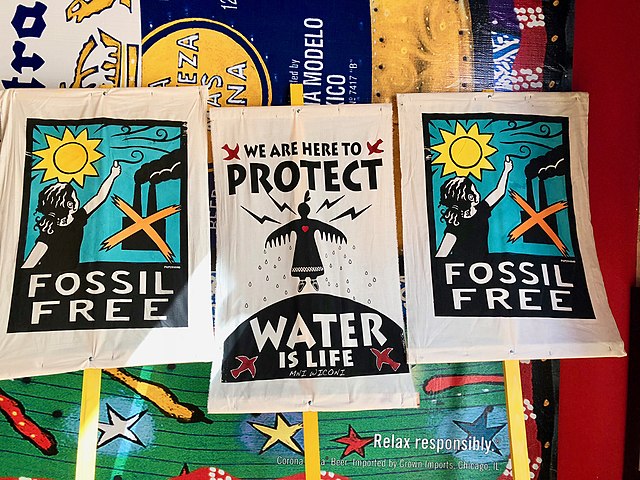Gen Z: The Prodigal Generation
Following the turn of the new millennium 24 years ago the overall hope of humanity was at a relative high. With this new and refreshing century, many expectations were discussed around how humanity would face the 2000s. I was born in 2002, and have shared a similar upbringing to most other middle-class Gen Z kids. Our parents and American culture at large made a great deal of predictions about the first generation of the new millennia some of which have come to pass, such as our overall higher intelligence, media literacy, and our personal attachment to the technological culture of the internet have all proven to be true in one way or another.
One common remark that my parents and other adults would make about my generation was that we would be the ones who would take the first steps toward pulling humanity out of the ever-worsening global environmental conundrum. It’s really the same old story that most of you reading have heard before global warming, rising sea levels, worsening weather, the potential risk of agricultural collapse, issues most of us have spent our adolescence being constantly reminded about.
The question stands: Do Gen Z kids stand to be the group best capable of remediating the planetary environmental crisis?
This isn’t meant as a dog on our generation, Gen Z kids stand as being one of the most educated groups of people on the planet, and certainly the group most environmentally aware of the ongoing climate crisis.
I think there is some fairness to say that our generation will live considerably more environmentally friendly lives when compared to past generations as we slowly move away from long standing environmentally damaging habits, such as single use plastic consumption.
The issue facing our generation’s potential is unsurprisingly the multiple decades of inflexible public policy, created by generations prior.
So Where does that Leave Us?
I feel like the biggest hurdle that our generation will face as we move deeper into adulthood will be maintaining our passion for the environment as we are further faced with the challenges that come with adulthood.
What I think is most important to recognize is that our generation is fervently passionate about environmental activism; with Active Political Engagement of Gen Z Individuals standing as being relatively Higher in comparison to most past generations.
I believe that if we can pristinely maintain a burning passion for pursuing sustainable development and or environmental policy as members of our generation move into politics and into high-ranking positions in the private sector, where we can finally gain the power to change the long-standing policies that have been holding back our society for over a century.
It’s hard to say if we will be the generation to solve the climate crisis, but I do believe that at the minimum we will create the foundation of sustainable and innovative policy through which future generations will be able to formulate and implement new solutions for combating climate change.










